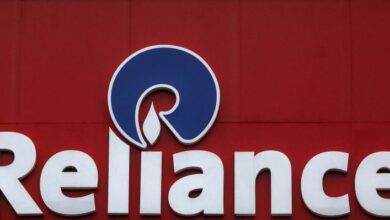Cuba regulates food sales at state-run stores

Havana, Apr 19 (EFE).- The Havana provincial government said Tuesday that state-run shops will begin limiting sales of food to residents of the municipalities where they are located amid ongoing problems with supply and logistics.
The regulation, set to take effect Thursday, aims to “achieve greater equity and as a result reduce the agglomerations of people in the establishments” of the Caribe and Cimex chains, the provincial administration said.
All purchases will also be marked in customers’ ration books as part of the reinstatement of measures that were applied during the worst phase of the Covid-19 pandemic.
Havana province, which includes the Cuban capital, is home to nearly half of Cuba’s 11.2 million people.
Cimex recently said that diapers are in short supply throughout Cuba, while the island’s Communist government has acknowledged that domestic production of staples such as pork and sugar is falling short of targets.
In February, President Miguel Diaz-Canel presented in parliament a draft food sovereignty law meant to boost Cuban agricultural output and reduce dependence on imports.
Cuba currently relies on the international market for between 60 percent and 70 percent of its food, at a cost of more than $2 billion a year, according to official figures.
As of now, the rules announced Tuesday do not apply to hard-currency shops, which are usually well-stocked but remain inaccessible to the vast majority of Cubans.
The combination of the supply disruptions caused by the pandemic with the tightening of the economic embargo the United States has enforced against Cuba since 1962 has led to inflation on the island. EFE
int/dr





